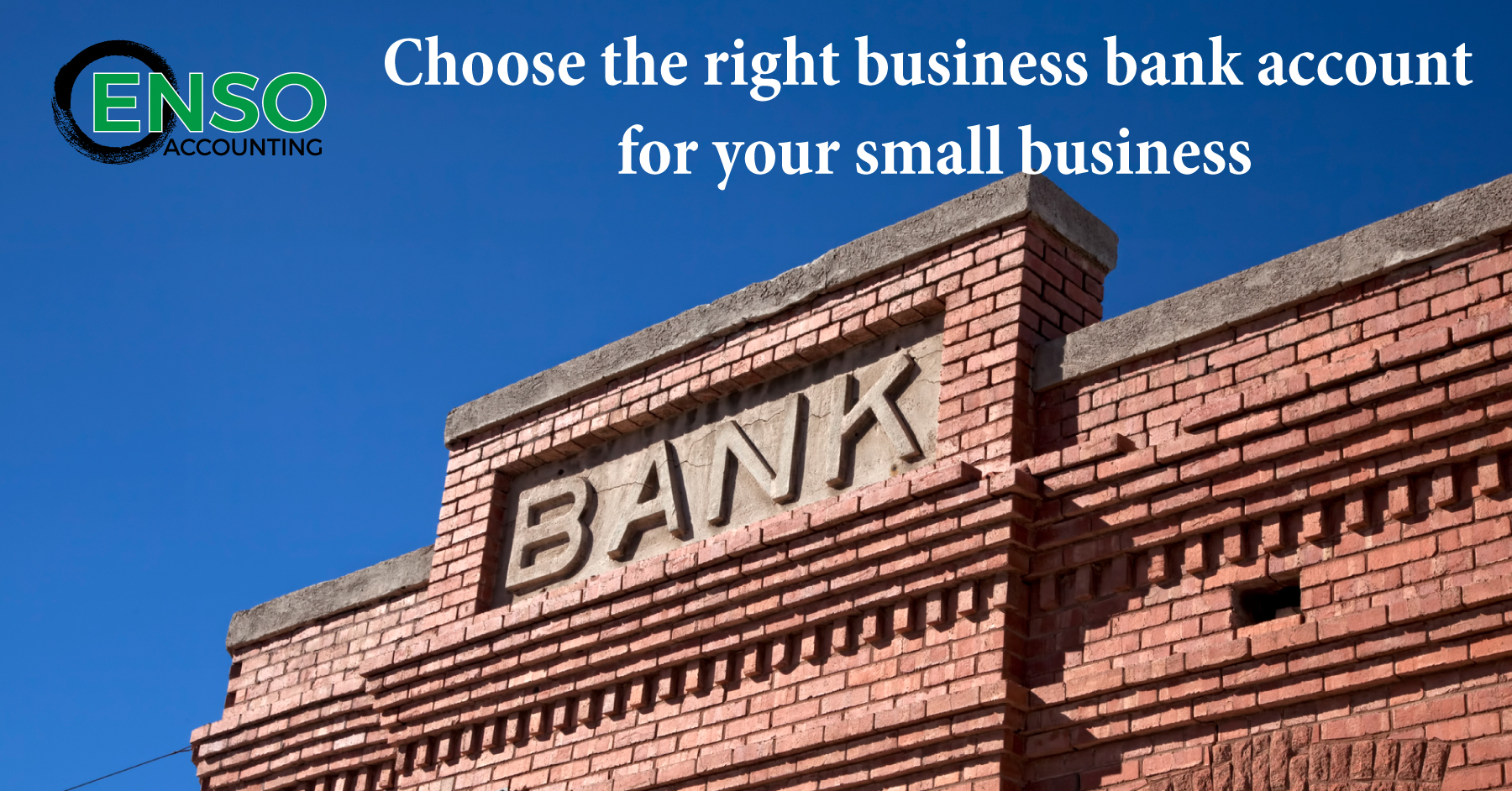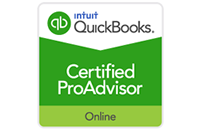Running your business every day is a difficult and sometimes stressful venture, but fortunately the banking aspect of your business doesn’t have to be. There are a myriad of opportunities and incentive programs for your business bank account out there. You need to know where to begin, so we’re providing you with some starting points to consider as you go through the process.
Defining your business and what you need in a business bank account.
Are you a Sole Proprietor, LLC, or Corporation? Are you’re a start-up, entrepreneur, or an established business? These may seem inconsequential, but have an impact on the type of business bank account you open. Every account is different and they often look for specific and targeted ways to create account types that uniquely beneficial to those types of businesses. You will want to match yourself up with an account that provides incentives that best align with where you are.
For those starting out, possibly as a Sole Proprietor, you may find yourself doing business out of a personal bank account, which causes a whole mess of additional oversight and maintenance to keep all of your transactions separate between your business and your person. Opening a new account with a couple of years of free banking may be just the thing to keep your overhead down while allowing you to grow. However, these types of accounts usually lack other types of incentives OR have requirements that your business be within a certain amount of time since being established.
Some other things you want to look at, depending on your situation, include: access to support if any issues arise, fees and service charges for transactions of different types, overdraft protection options, and access to cash for retail businesses.
Banking features and incentives are just one part of why you might open a specific account, and might be considered the most obvious, but there may be some other elements you should think of, such as:
Business Banking Culture and Ethical Banking Practices
How effective and efficient a specific bank is can be pivotal to your success if you deal in large regular transactions. A more understanding bank may be willing to give you greater freedom and trust when quickly moving transactions of large sums of money. This could give you access to cash flow quickly and keep things moving efficiently if you have regular expenses alongside your income.
The ethics of your bank could be an important point as well when considering a business bank account. That means questioning what role your bank plays in your community, and looking at how they make their money. Many banks profit off of investments with the money they manage and you may want to know if your bank reinvests in your local economy, or makes environmentally-friendly investments, or perhaps one that invests specifically in the business sector your business operates in.
Any way you slice it, banks are going to focus on being competitive with one another, so finding a bank that you can feel good about is still going to offer relatively competitive rates and special incentive programs.
So, remember, examine what kind of business you are and what your needs are but also look for a bank that is going to support you in a valuable way that you need and that serves the larger community that you can feel good to be a part of.




